“You are a woman after your own heart, darling, that is the bravest thing you could possibly be”.
Upile Chisala is her name! Take it all in for when she appears on OWN or Africa Magic one day, you can say you knew about her before the rest of the world caught on to her magic, soft magic.
Upile is the author of Soft Magic and Nectar, a collection of prose and poetry that captures the joys, beauty, challenges and journey of womanhood, love, blackness, Africanness, and individuality.
The level of self-reflection, awareness and love expressed in her work is a life goal for us all. Our favorite piece from Soft Magic was “dear sisters in melanin, we need each other”. This simple line speaks to the importance of womanhood from all races and ethnicities but specifically, women of color because collectively our voices can break the barriers of justice and equity for all.
Here, we chat with Upile on her inspiration, writing process and next steps.
We asked to share her story.
1. What inspired you to write this book (Soft Magic)?
I am my mother’s youngest child. I was born and raised in Malawi and I call myself a storyteller. This book, soft magic, was a door for me. It was a way out of hurt and into healing. I had recently graduated from college and was feeling the heaviness of deciding what path I was going to take. I panicked and fell into a sadness and sort of lost myself. I knew I needed to make money but I also knew that what I was trying wasn’t working. I found myself going from job to job, from hurt to hurt and finding no passion or joy in any of it. It had to be about more than money and routine. ‘soft magic’ did not come to me at once, I’ve been writing this book for years and when I was ready I put it together and sent it out for someone else to read. So, I guess my blackness, womanhood, Africanness, inspired the book and my need to discover my purpose inspired me to publish it.
2. You cover several important topics including the experiences of Africans in the diaspora, love, blackness etc. What is your writing process and how do you brainstorm concepts/ideas?
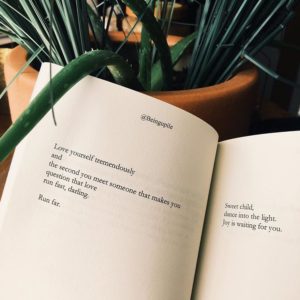
I am a very emotional person and I rely heavily on feeling good about something before I actually force myself to do it. Long story short, I procrastinate. I need the pressure. I like the rush and work best when I know that deadline is around the corner. My writing process was different; it was crazy because for the first time I had no one to answer to and no deadline to meet. For the first time, I had time to be as meticulous and strategic as possible. I had time to think deeply about each topic I wanted to address and my word choices and exactly what I wanted my writing to look like. I know myself as a writer more now. I know I want my material to be concise yet effective, to leave a thought for a reader but not dictate what the reader feels.
3. As a Malawian, what aspect of your culture has influenced your life and your writing?
Where I came from, because I allow it, will forever influence certain views I hold about the world. I was raised in a country filled with warm people and I am thankful for it. The amount of generosity and courage and sheer humanity I witnessed growing up in Malawi inspires me daily and gives my writing an aspect of hopefulness. And I guess we can all feel so defeated by this cruel world but for me soft magic has always been about those little moments of kindness that we often forget to acknowledge in our lives; Malawi is that for me.
4. How has your Malawian community responded to Soft Magic?
Home is where the support is, I guess. The Malawian community has embraced my work and I can’t wait to go home and do my first reading there. I am often brought to tears by all the posts and emails and messages by my fellow Malawians just telling me what soft magic has done for them. I am humbled.
5. What does literary success look like to you?
Firstly, impact. I want to write work that matters and changes lives and it is not all about how many lives my words touch but also how greatly those words touch someone. If a poem of mine made someone take a step in the right direction, a step they’d been putting off for so long then I’ve achieved literary success. Secondly, I am at the point in my life where I am making big decisions about my career and I want to be a creative; a financially comfortable one. People get a bit uneasy when creatives discuss money but if we (the creatives) are feeling and turning those feelings into something that is pleasing to an audience (art, music, poetry, etc) then we deserve the right to thrive in these fields. Artists do not have to starve.
6. It is both challenging and rewarding to self-publish something you are so passionate about,what advice do you have for writers embarking upon on the self-publishing journey?
Be about it. Be your biggest fan and drop the modesty act. I am still trying to confidently introduce myself as a storyteller and to accept praise but I think it is necessary to unlearn certain things that are masked as modesty. Self-publishing is a bit of a nightmare and a godsend at the same darn time. I sell books and I pay bills, I don’t sell books and I don’t pay bills. And I don’t have the support of a publishing company to fall back on. If you want to go down this route you need to be certain. Don’t get me wrong, the independence is lovely and I hate having to answer to people but it is also a challenge to find new ways to get people interested in supporting you. I know we get afraid of looking like salespeople who are constantly bombarding those who support us with new things we’d like them to buy. But, a friend of mine told me that Jay-Z said something along the lines of “I’m a business, man” and so you and I both need to start seeing ourselves as businesses.
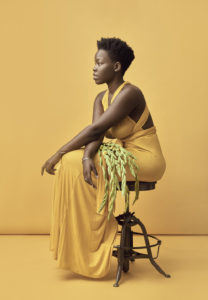
7. What marketing strategies have you found most helpful? Any resources you would recommend to other authors or aspiring authors?
I know that I’m a very visual consumer and I respond well to great photography and that’s kind of what I went with for soft magic. I arranged photoshoots around themes that go with my brand and incorporated my poetry and I posted these photos on my favorite social media sites. I’d advise authors to think of themselves and what they’d buy and strategize according. What appeals to you? Who do you want to appeal to? There’s quite a bit of studying involved and trial and error but once you find your niche it works out.
8. How would you like to see your business evolve in the next five years?
I see myself growing in my person and taking my brand along with me. Deciding to be more business-minded than I was before has me thinking about not just how to stay afloat but how to thrive. I want to live off of my art and I want this life to be a comfortable one. I see my business changing lives for the better, mine included. I’m sorry to be a bit vague here but it’s because I have a million ideas and this business can go a million different ways. Right now I am focusing on focusing. I want to take all my ideas and hone in on exactly what it is I want to do be it make more book-inspired products or travel more for readings or just sit down and consider taking the next step in writing and writing a novel. Let’s just say in five years I’ll be good.
9. Best moment of your journey so far?
I am a sucker for heartfelt messages. I love the love I’ve received and every single day my heart is touched by someone new who claims I touched theirs. Opening up those messages are the best moments for me, they remind me that my work matters and the little I do is still something worth celebrating.
The OSOW Fast Three!
What is your favorite AfroBeat song right now?
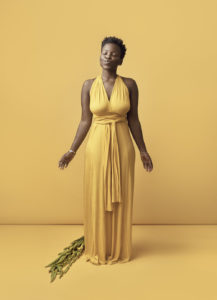
If you could have lunch with any person, who would it be and why?
Lately, I’ve been so in love with Tracee Ellis Ross. She’s an incredible being, a spectacular actress. I just want to get close to her and ask where on this earth does she get all that energy and positivity, I need it big time!
What’s your overarching vision for Africa?
We are still unlearning things passed on to us by the troubling and violent system that was colonialism. My hope as an African is that we can reach a point where we no longer look to the West for approval, where we can be ourselves and define success how we please. The West is not the standard. This mission of decolonization is more than just one of reconstructing institutions to reflect our identities as nations it is also about reconstructing the self and not looking down our indigenous knowledge. What we know and where (geographically and culturally) we learnt it from is worth filling books with. Books by us about us. Narratives about us by us.
Check her out! Instagram | Soft Magic on Amazon| Nectar on Amazon
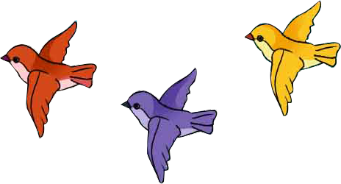

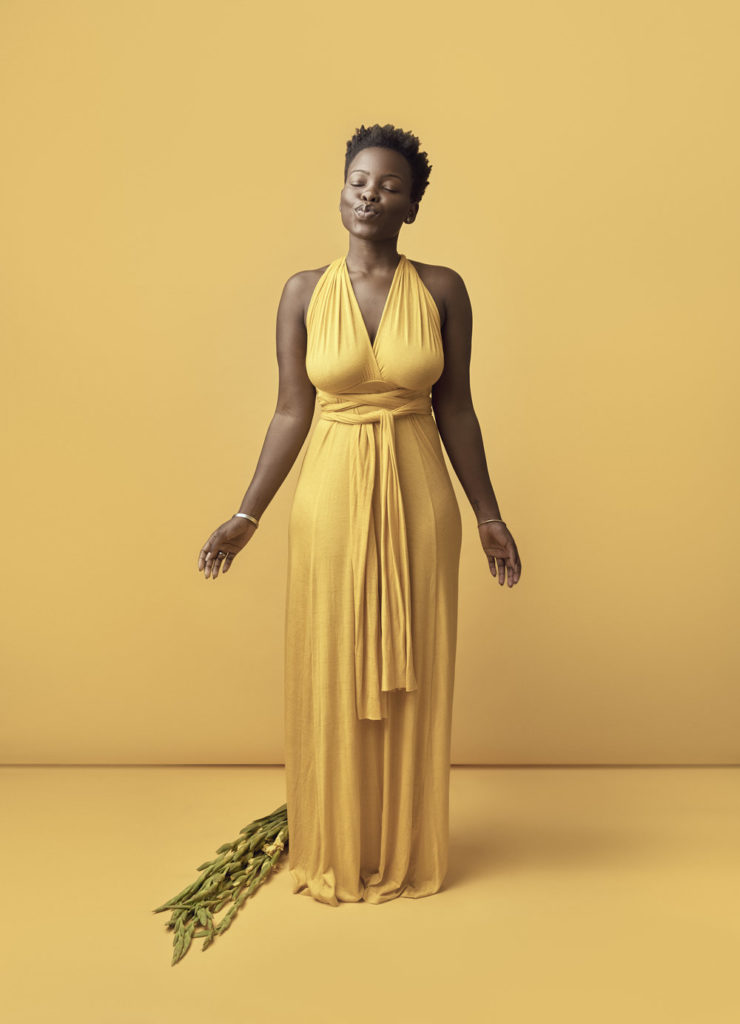
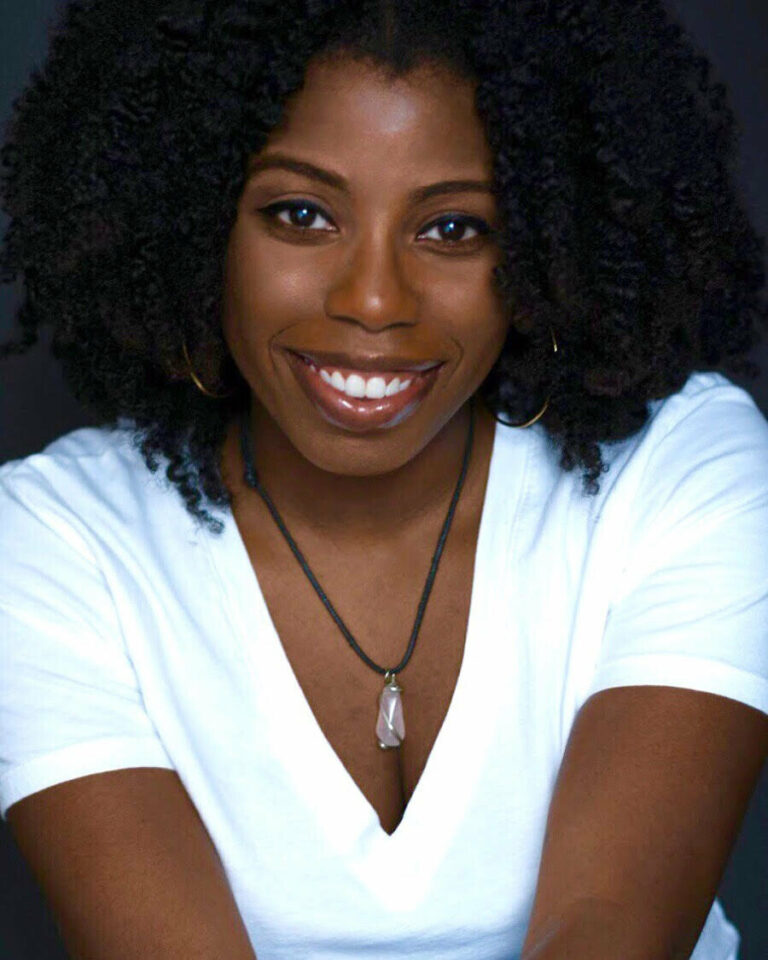
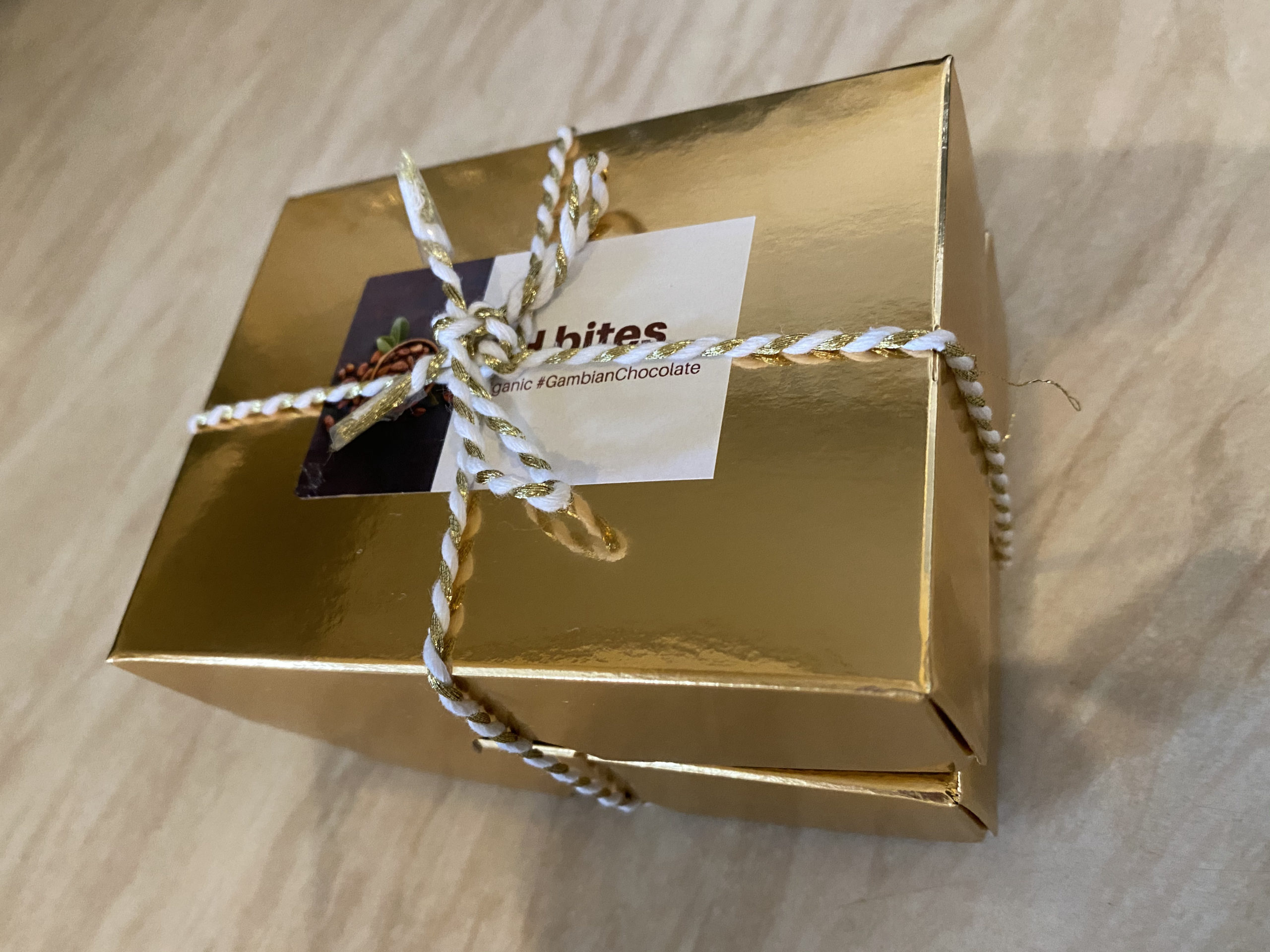
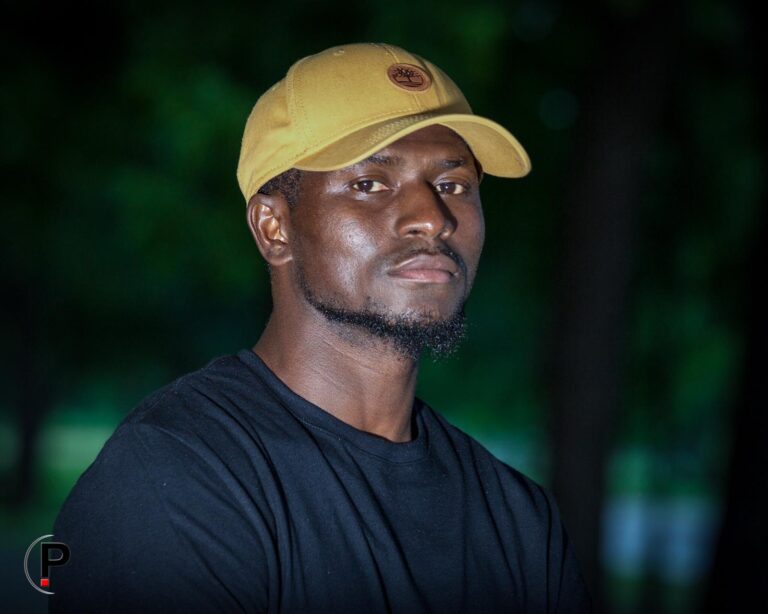
Leave a Reply
You must be logged in to post a comment.